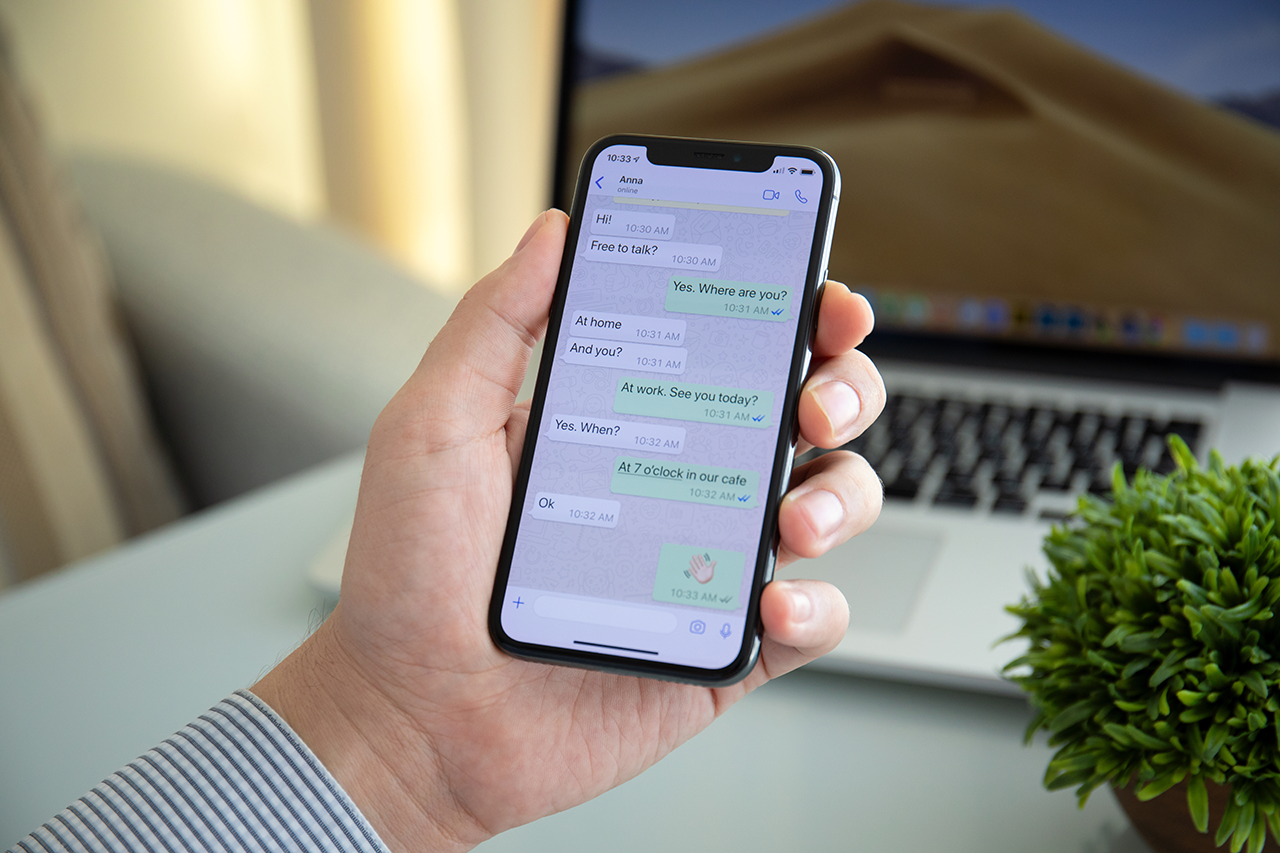
It’s been possibly the craziest week in recent memory with the coronavirus spreading across the world, a pandemic pending and massive falls on the share market. Many students, teachers and school owners seem to be panicking and LearnCube wanted to help out where we can.
The first way, we can help is by using our network of language schools and experts to share best-practice to get through this unexpected challenge. Secondly, we can share some ideas on how to keep your school open even if you have to close the physical centre.
What are the main problems that many language schools are facing?
- Anxious students, parents and agents cancelling scheduled in-country language learning programs and asking for refunds
- Anxious staff and students worried about “what next?” if the school were required or prudent to shut down the physical centre.
- Drop-in enrolments, shorter programs and concern about the short-term business viability if the pandemic were to cause and economic crisis.
It seems there are things that schools can do to (1) prevent a closure, (2) prepare for a closure, (3) operate online if the physical school is closed and (4) rebound as soon as a school is reopened.
(1) - Preventing a language school closure:
- There are some things completely outside of a school’s control, including authorities forcing schools to close in order to stop the spread of a contagious disease. If a parent, student or staff member were tested positive, this may force a closure.
- However, almost everyone wants schools to stay open and life to continue as normal as possible, while implementing common-sense measures to reduce the risk of any students or staff getting the virus.
- Here are some precautions you can take:
- Educate students and staff about effective hygiene
- Here is some advice from WHO that you can share with students and staff
- Wash your hands frequently
- School may encourage students/staff to use an alcohol-based hand rub + soap in the bathrooms)
- Maintain social distancing (from those with a cough or sneezing)
- Educate students and staff on what request and etiquette is for coughing or sneezing.
- This means covering your mouth and nose with your bent elbow or tissue when you cough or sneeze. Then dispose of the used tissue immediately.
- Educate students/staff that just because someone is coughing/sneezing, that does not mean they have coronavirus.
- If a student/staff has a fever, cough and difficulty breathing, encourage them to self-quarantine, open up direct communication channels to ensure help and request external assistance (for example, in the UK, authorities are encouraging people concerned about flu symptoms to stay at home and call 111 for assistance).
- Ensure that the school has a way to verify any confirmed cases of coronavirus though, in which case, professionals may recommend a temporary closure in order to reduce the impact.
- Wash your hands frequently
- Here is some advice from WHO that you can share with students and staff
- Prepare, don’t panic.
- Some people will be feeling very anxious due to the reports on the news but this is no time for panic. If anything, we need to keep calm show solidarity and promote kindness.
- We have heard of some quite nasty stories of parents refusing to let their child attend a school that is teaching students of a certain ethnicity or geographic region. That’s unhelpful and wrong.
- Call it out if needed and educate stakeholders that while you’re taking all precautions needed, it’s not one “group” of people’s problem - this is a global problem and we need to stick together and be open to helping each other more than ever.
- Here is a link to what Public Health England has about the categorisation of high risk regions.
- Communicate openly with agents and prospects
- Prospective students (and their agents) will be highly concerned about their upcoming travel and course, give them confidence about your school’s approach to the crisis.
- Demonstrate your ability to handle any eventuality (a regular email-newsletter with agents on what precautions you have taken already, what refund policies or contingencies you have and some good news too about your school would go a long way).
- Prospective students (and their agents) will be highly concerned about their upcoming travel and course, give them confidence about your school’s approach to the crisis.
- Educate students and staff about effective hygiene
(2) Prepare for a school closure (just in case):
- It doesn’t hurt to be prepared.
- Have you had a meeting with your staff about what the process is if your school is required to shut down in a hurry?
- Who is responsible for ensuring the premises is empty, safe and secure while the closure is in place?
- Does more than one person have access to all of the telephone numbers and emails of students (and parents or family members) if required? (i.e. if that one person is unable to do this, is there someone else?)
- What equipment do you want staff to take home with them in the event of a temporary closure (possibly to continue teaching online?)
- Discuss and agree with your staff what they can expect to be paid during the closure?
- If some students do not have transport or accommodation, what sensible arrangements could be made quickly?
- Some students (especially young adults) may be a long-way from home, unable to return home and could be left quite isolated, can you setup a buddy-system or setup a class chat using one of the systems described below?
- Do you have some form of group chat system for communicating to all students once everyone has dispersed?
- Whatsapp, WeChat and Facebook pages/groups could be effective here (free and fit-for-purpose)
- Do you have some form of group chat system for communicating to all staff once everyone has dispersed?
- Whatsapp is particularly good because it just requires a mobile number and naturally you will want to be looking out for each other during any sustained closure.

Recommended chat/communication tools:
- Whatsapp for individuals and groups (This would be my top pick for private and group chat as it’s easy for teachers to separate their personal/professional chats (unlike Facebook messenger) and it’s easy to download the free app)
- Wechat for individuals and groups.
- Facebook groups for classes/community (This is a diverse tool and good if you already have a facebook page and a large number of students already on facebook. You can invite students to a group (class-wide/school-wide) and may be helpful for keeping students active/learning during any closure).
- Facebook pages for community:
(3) Run your school online if your physical school is required to closed
- We’re hearing stories of schools shutting their gates and “hibernating” until the crisis is cleared… not only can this be a scary prospect for your staff why not innovate and teach online?
- You can choose a couple of different approaches:
- Online self-study assignments
- Online language apps like Babbel or ABA English
- Set assignments for students via email or community pages
- Here’s a good example of what it could look like for teachers to use Facebook private groups to teach a class:

- Private online tutoring
- Small group online tutoring
- Webinar-based teaching (i.e. for more than 8 participants)
- Outsource online private/small-group tutoring (if this your staff feel uncertain about teaching online)
- Online self-study assignments
- Learn more here for ideas about how you can keep students learning.
- Even once this coronavirus is contained, these techniques can be applied to improve the experience for future students.
(4) Rebound once you re-open (and prepare for growth)
- The need for quality education is important now and after this crisis...how can you rebound asap?
- Ensure your staff are informed and feel supported
- Ensure your students (and their parents) feel like your school has handled this well.
- Experiment with different online teaching options… the long-term trend is towards online learning in any case.
- Sure, watch your expenses, but don’t choke your school of resources or miss an opportunity to innovate… people look for leadership in a crisis. Lead with confidence.
It’s hard to know how far this roller-coaster ride may go on for, but if you handle this well, you’ll be prepared for anything and people will remember that your school is exception (especially in a crisis).
All the best and if you have any tips or ideas, please contact us.
I’ll keep this blog up-to-date as we receive your comments so we can share best-practice.
